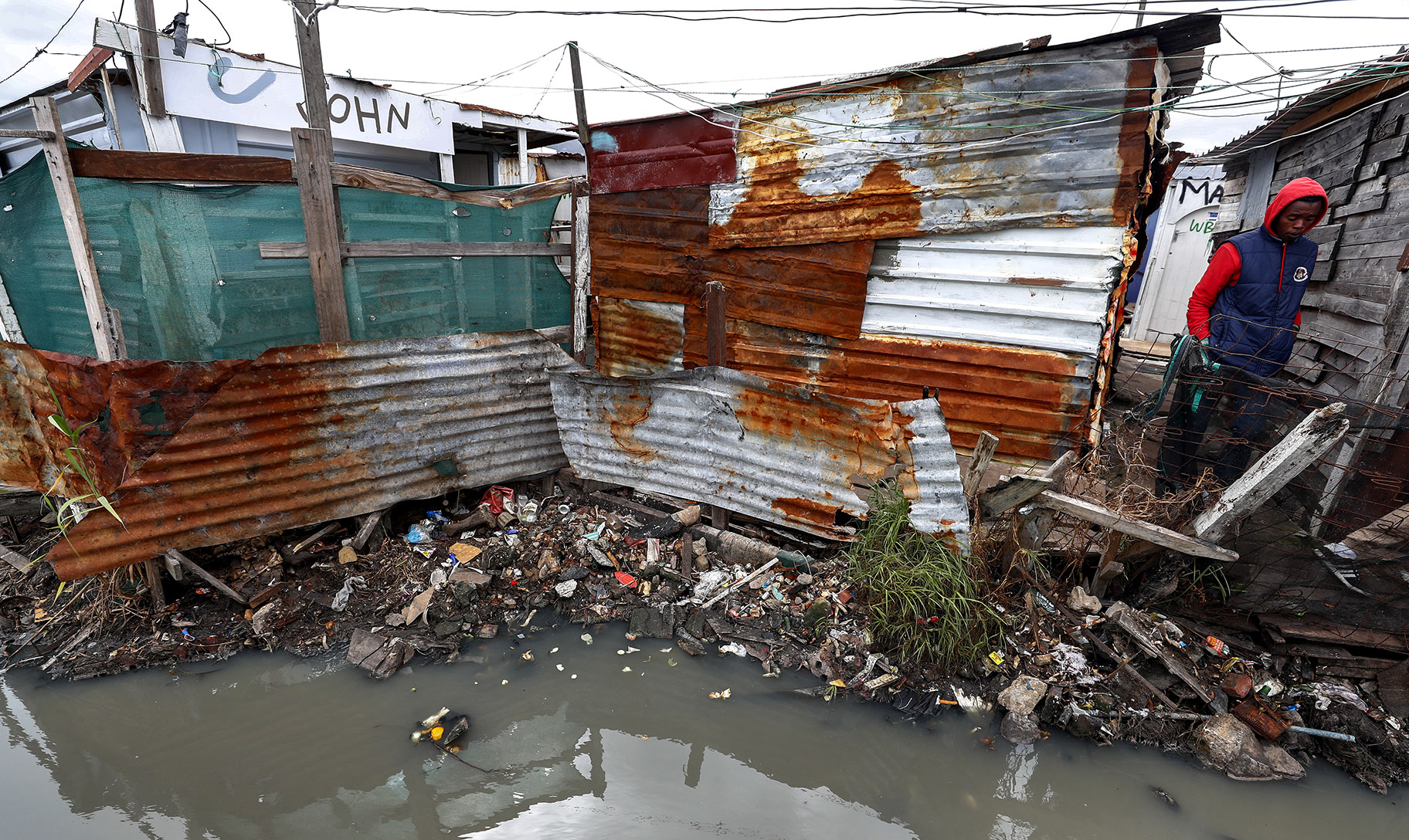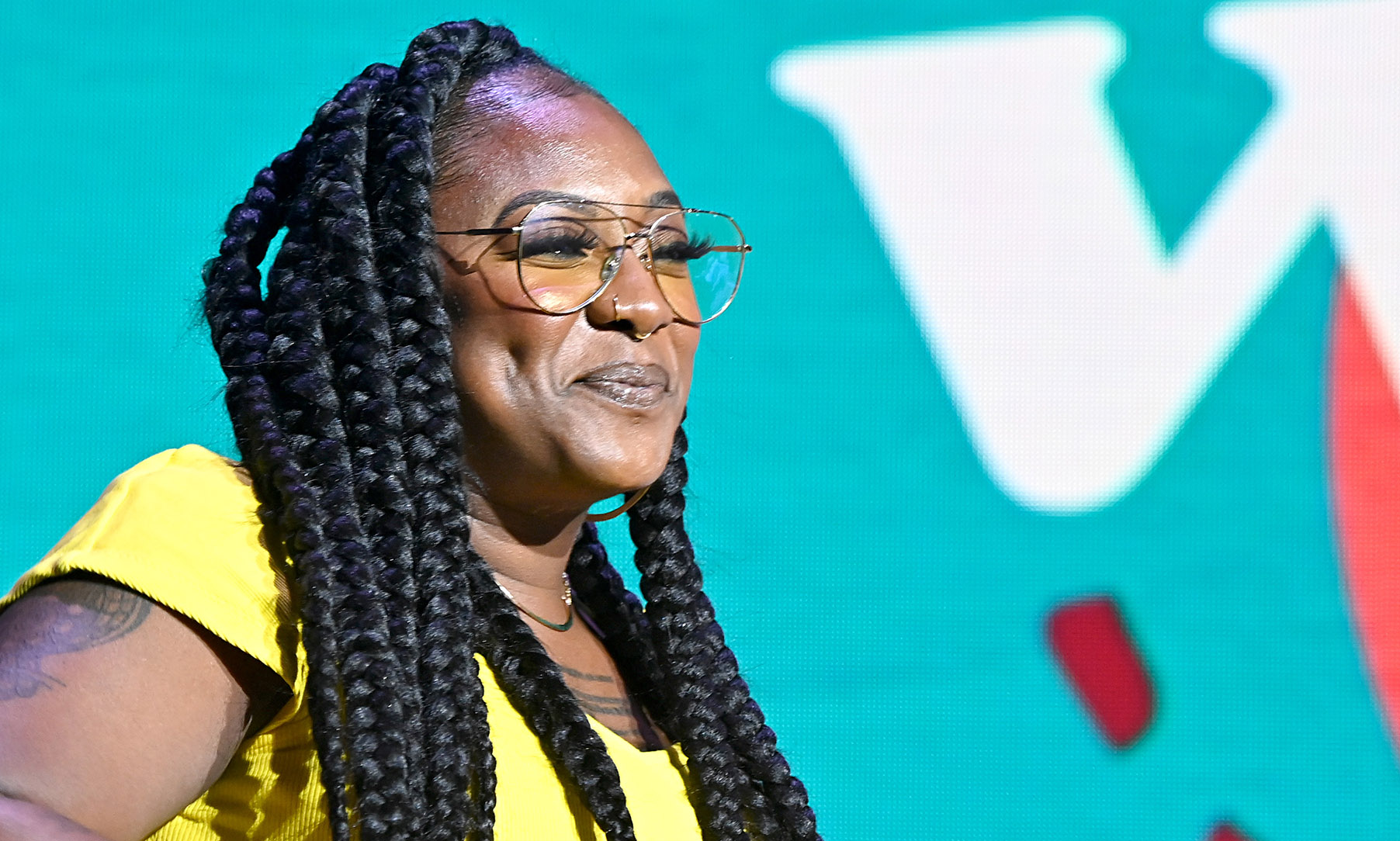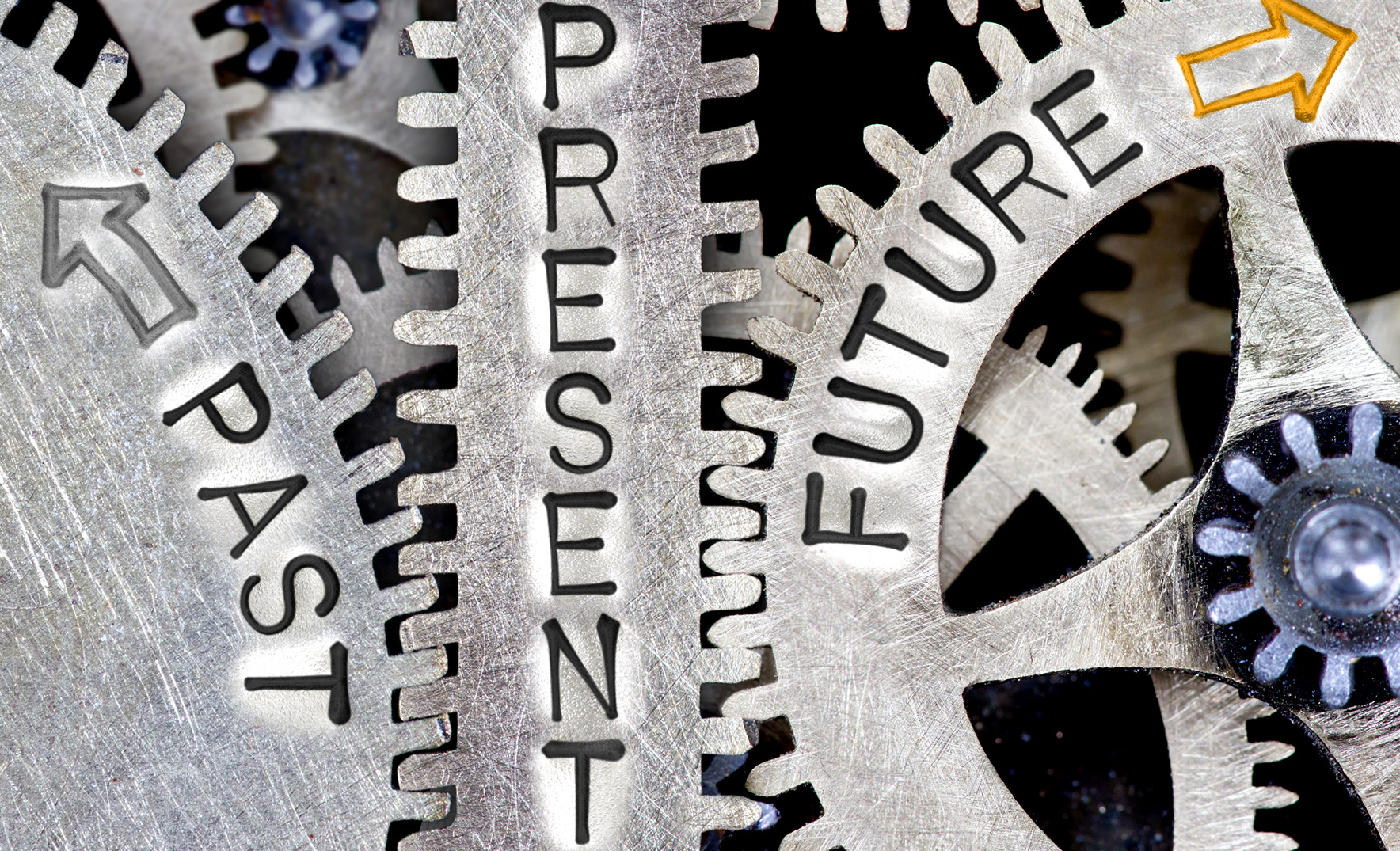South Africa’s income-poor are facing an existential crisis. The political and economic systems, and our failure to actualise our Constitution’s promise of dignity and fundamental human rights, are failing them.
Since the advent of democracy, the most vulnerable have faced a triple whammy of HIV/Aids (causing at least three million deaths), Covid-19 (340,000 excess deaths and counting) and natural disasters — like the April 2022 “rain bombs” over KwaZulu-Natal — that are increasingly linked to the climate crisis.
 Unemployed graduates from KwaZulu-Natal and Pretoria gather at Burgers Park before marching to the Union Buildings in Pretoria to hand over a memorandum to officials demanding that the government find solutions to rising unemployment. (Photo: Gallo Images / Phill Magakoe)
Unemployed graduates from KwaZulu-Natal and Pretoria gather at Burgers Park before marching to the Union Buildings in Pretoria to hand over a memorandum to officials demanding that the government find solutions to rising unemployment. (Photo: Gallo Images / Phill Magakoe)
Arbitrary load shedding is a new assault on the poor. It is not class neutral, as we have shown in recent articles on health and basic education:
Read more in Daily Maverick: “Rolling blackouts take heavy toll on the many who are struggling to survive”
Read more in Daily Maverick: “Rolling blackouts aggravate levels of absenteeism, incomplete homework, disrupted classes in SA”
Read more in Daily Maverick: “Rolling blackouts and the daily horror story faced by healthcare workers”
If we don’t do something, it’s only going to get worse.
Since 2012, all of these storms (literal and metaphorical) have been made worse by fiscal austerity and cuts in public spending on key socioeconomic rights — especially access to healthcare services and quality basic education — as is well documented in recent research by the Public Economy Project of the Southern Centre for Inequality Studies at Wits University.
Fiscal consolidation (a Treasury euphemism for austerity) has worsened the crisis of mass unemployment, mass hunger and femicide.
That South Africa is fast approaching a tipping point, was seen in the July 2021 riots, and the November 2021 “no-vote” in the local government elections, where two-thirds of eligible voters didn’t bother to vote.
It is a miracle we escaped a further social breakdown in 2022.
As research by the Rivonia Circle and Ipsos has shown (read it here), both pointed to a loss of trust in all existing political parties and of conviction in the most fundamental act of democratic practice — voting — as well as in the rule of law among millions of poor people, and young people especially.
Conditions favourable to people’s power in SA
 A man walks between shacks in the impoverished settlement of Masiphumelele, Cape Town. (Photo: EPA / Nic Bothma)
A man walks between shacks in the impoverished settlement of Masiphumelele, Cape Town. (Photo: EPA / Nic Bothma)
But why are the poor and marginalised so vulnerable and apparently defenceless in the face of this crisis? We are not living in China, Hong Kong, Russia, India, Swaziland or Zimbabwe, whose governments have launched a war imprisoning and assassinating activists.
In contrast to these countries, South Africa has:
- A transformative and pro-poor Constitution and a judiciary that is mandated to ensure the government implements it, and the private sector does not violate it.
- A vibrant, diverse and active civil society that employs at least 250,000 people and spends billions of rands a year.
- A potentially powerful trade union movement, albeit one weakened by factionalism and poor leadership.
- A mostly independent media, although with skewed patterns of ownership and where the print and digital media mainly talks to the urban elites, leaving out vast swathes of our country’s poor and rural population.
- Free and fair elections overseen by the Independent Electoral Commission, an independent statutory body that up to now has avoided political influence.
Most countries where the poor are under attack, have none of the above.
In addition, civil society has many other advantages: professional skills, access to knowledge and information, access to law and lawyers, funding, support in poor communities, connections to academia and linkages with international networks, to name just the most obvious.
Since 1994, civil society has frequently used this power to good end. It has notched up many important victories and saved many lives.
 Food scarcity in Gqeberha. Walmer Angel Project and Sihlambesinye Comunity Services provide food to Walmer township residents. (Photo: Deon Ferreira)
Food scarcity in Gqeberha. Walmer Angel Project and Sihlambesinye Comunity Services provide food to Walmer township residents. (Photo: Deon Ferreira)
Yet it has not reversed the trend towards deepening inequality and now barbarism. Children are starving on our watch.
Read more in Daily Maverick: “Desperate children are eating cow dung to line their stomach for lifesaving medicine, say researchers”
A failure of strategy?
Why?
With most of the tools civil society needs at its disposal, it has to be asked whether there has been a failure of political strategy and tactics by progressive social movements (including NGOs, the trade unions and the political left) that has allowed deepening inequality and the immiseration of the poor to reach unprecedented levels.
Could it be that the problem is more about our organisational behaviour than objective barriers or state repression; which is not to underestimate the dangers faced by activists in some areas, notably the murders of members of Abahlali baseMjondolo and the threats of xenophobes like Operation Dudula and so on.
Civil society has shown great strengths. But it also has great shortcomings.
Although activism has occasionally been the subject of some research and analysis, such as the 2020 Social Justice Sector Review report, there has not been enough constructive, but critical, analysis and introspection.
Read: Building from below and beyond borders – The Mail & Guardian
Unless we improve, there is a danger that civil society will not be able to rise to the accelerating challenges of worsening austerity, xenophobia, corruption, violent conflict and climate breakdown (to name but a few) that confront society, and find desperately needed solutions which will only come if we can build power below.
In fact, the problem is not so much the lack of alternatives and solutions to the ANC’s mismanagement and corruption, but the credibility, resonance and power of those who advocate for them.
The observations below are intended as provocative but constructive criticism. Feel free to disagree, but at least consider them:
- In recent years, many activists have been lulled into an endless stream of conferences, workshops and policy processes that frequently lead nowhere; we are losing the ability for self-critical reflection about what leads to change and what leads to co-option. In this context, the very notion of “civil society” can be problematic. It starts by assuming a certain type of behaviour, which is then obligingly performed, and leaves activists often unable to build alliances across race, gender and class.
- Although civil society advocates for the poor, it is rarely led by the poor. In fact, much as civil society rails against the status quo, civil society have also acquired a stake in it, with medical aid schemes, pensions and privileges. While there has been some organisational transformation, it hasn’t been deep enough, particularly to open the doors to leadership by women and young people for whom society offers no future. The issue is not that my generation should step aside, but that my generation should pass the baton and cede the space; accept the leadership and the priorities of people who must now literally lead in the face of extinction.
- Generally, there is too much performance, too little politics and too little work done to build power and agency among the poor and middle classes. Activism is not about building the power of our organisations, but the power of the communities they are meant to serve.
 Alicia Garza. (Photo: Paras Griffin / Getty Images for Essence)
Alicia Garza. (Photo: Paras Griffin / Getty Images for Essence)
Alicia Garza, the co-founder of Black Lives Matter, recounts in her 2021 book, The Purpose of Power, How to Build Movements in for the 21st Century, that: “Building broad support did not mean we had to water down our politics. It didn’t mean we had to be less radical. It meant that being radical and having radical politics was not a litmus test for whether or not one could join our movement… winning is about more than being right — it’s also about how you invite others to be part of a change they may not even have realised they needed.”
- But instead of broadening its base, civil society frequently works in echo chambers, talking to the converted in an invented language of acronyms and jargon, directing its ire at its obvious opponents (usually in government or business), but leaving a vast swathe of the population out of the conversation.
- Yes, mobilising outrage at the status quo is necessary, but it’s not being sufficiently linked to catalysing hope in a social and economic reorganisation that is possible. Fighting for, winning and holding on to “small” reforms that can improve people’s lives, dignity and socioeconomic freedom gives people a sense of their own power.
As Naomi Klein has put it: “No is not enough!” - Is this because civil society doesn’t know how to speak in a language of the mass of ordinary people? By this I do not mean not talking down to “the masses”, but understanding the psychology of poverty and deprivation and what type of communication galvanise struggles for alternatives.
- Although there has been a welcome move towards creating coalitions and alliances around issues, civil society organisations in practice are often not working together, even when they work on the same rights such as health or education. On any given day, there are a dozen workshops on the same issue in different locations and none talk to one another.
- Finally, even though we are on the cusp of social implosion, there seems to be no galvanising alternative vision of how society can be reorganised, particularly a feasible alternative economic programme. Despite being a donor buzzword, there is no shared “theory of change” or political strategy to build an alternative power that people can trust and governments will have to listen to.
The revolution advocated for by the left, while necessary, is presented in a way that is far-fetched and dogmatic. As a result, recent history suggests that when revolutions do take place; when poor people are eventually pushed over the edge and see an opportunity to shake the system, the movements that spring up often bypass official civil society. And are ultimately defeated.
Most of my comments above are criticisms. I apologise for that. The alternative is to immediately rebuild trust, work with a common purpose and seek to make tangible progress by fighting together for the reforms we agree on.
Let’s agree that disagreement does not make us enemies.
It’s not about us, it’s about society.
We have reached a point in SA where civil society's strategy should be to take power, get ourselves dirty in advancing democracy, and work within government and Parliament, as well as outside.
Read more in Daily Maverick: “Maverick Citizen’s tip for 2023 – get involved in 18 months of activism for democracy and service delivery”
We all have a country to win.
In South Africa, the crisis combined with expectations linked to the 2024 elections mean the next two years will be mission critical.
Civil society has the potential to lead change, but only if it works differently by marshalling its strengths and overcoming its weaknesses.
Unlearning the behaviours, habits and attitudes that have disempowered activism is not easy, and the challenges of the moment are hard, but more of the same is not an option.
Yes, we all can. DM/MC




 Alicia Garza. (Photo: Paras Griffin / Getty Images for Essence)
Alicia Garza. (Photo: Paras Griffin / Getty Images for Essence) 